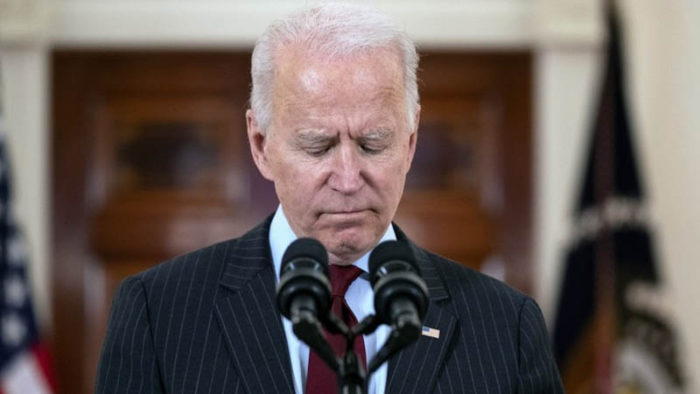The Times looked at money coming into state coffers and was shocked to see that the predicted catastrophic falloff in revenue did not occur. What they found is that most states are doing nicely while some have even increased their revenue from a year ago.
A researcher at the Urban-Brookings Tax Policy Center, a nonpartisan think tank, found that total state revenues from April through December were down just 1.8 percent from the same period in 2019. Moody’s Analytics used a different method and found that 31 states now had enough cash to fully absorb the economic stress of the pandemic recession on their own.
“You can see it’s just a completely different story this time,” said Louise Sheiner, a Brookings Institution economist whose research showed that over all, the states struggled far less during the pandemic than in previous recessions.
Needless to say, Congress didn’t send $350 billion to the states following other recessions. So why this time?
It would be a radical idea and would never be adopted by Democrats, but perhaps money should only be sent to states that actually, like, you know, need it.
The findings are being cited by Republican lawmakers. In a Feb. 2 blog post, the House minority leader, Kevin McCarthy, Republican of California, said the J.P. Morgan report was evidence that the states were doing just fine. He called on Democrats not to insist on “blue-state slush funds that are not needed.”
At the same time, Democrats have said states need relief even if their revenues are resilient, because their costs will spiral as schools reopen and vaccination programs roll out.
I suggest that states should send a bill to the various teacher’s unions in their state and have them pay for the extra costs in coddling them.
What’s clear is that the other two stimulus bills staved off disaster, especially the bill passed in March.
No matter how they measured the states’ rebound, the analysts said the federal stimulus money that began to flow to consumers and small businesses late in March — especially the extraordinary support for the jobless through the end of July — had helped greatly. Those programs allowed consumer spending to continue, even as unemployment surged to levels not seen since the 1930s.
What that extra unemployment benefit gave workers was more money than they were making while employed. This caused the per capita income in states to actually rise during the worst of the lockdowns. Illinois saw an astonishing increase from $59,800 in the first quarter to more than $66,200 a year in the second quarter last year.
Overall, the decline in state revenues does not justify the massive amount of cash Democrats want to throw at the states. California tax revenue actually rose 1.2 percent. And while New York tax revenues declined by 4.1 percent, that’s hardly catastrophic and shows once again why Andrew Cuomo is a hand-wringing hysteric.
It would take far too much time to do something sensible and responsible and target the money where it’s most needed. So the whole $350 billion is going to be approved and Illinois Governor J.B. Pritzker will have lots of federal cash to hide the stupidity of Illinois lawmakers in both parties who broke the state’s massive pension system. California’s Gavin Newsom will have billions more to waste on his high-speed rail train. And Democratic governors will have plenty of cash to spread around before the 2022 elections.


